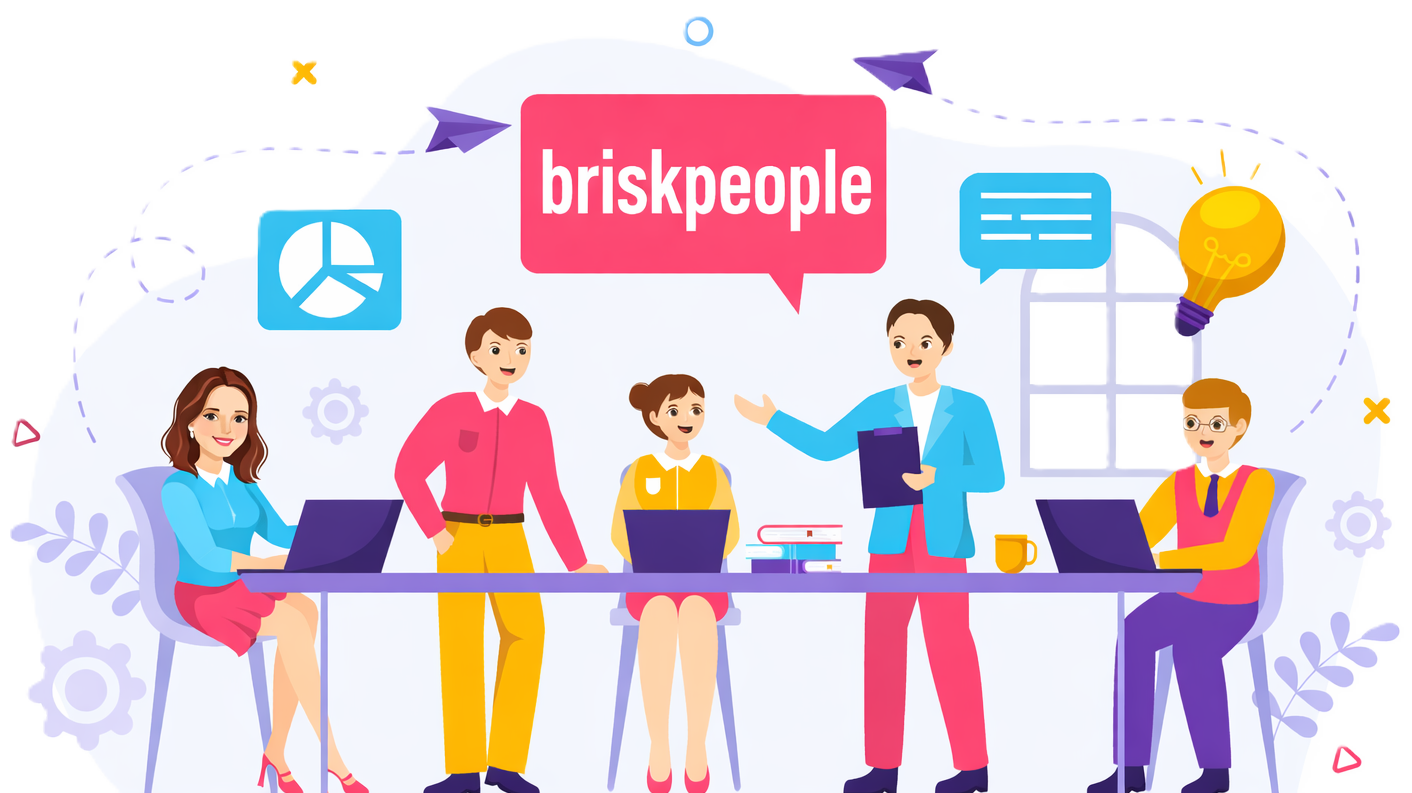When someone is seriously injured due to another party’s negligence, the impact goes far beyond physical pain. One of the most devastating consequences is often the loss of the ability to work and earn a living. Whether it’s a traumatic brain injury, a spinal cord injury, or chronic pain from a slip-and-fall, these life-altering conditions can make it impossible for the injured person to return to their previous job—or to work at all.
In these situations, it’s not enough to simply say someone can’t work. Proving the extent of the injury’s economic impact requires professional analysis, which is where vocational experts come in. These professionals play a critical role in helping courts, attorneys, insurance companies, and juries understand how injuries affect a person’s future employment potential and income.
But why exactly are vocational experts so important in personal injury cases, and when are they truly necessary?
What Is a Vocational Expert?
A vocational expert is a trained professional who specializes in analyzing an individual’s ability to work in light of a disability or injury. These experts assess a person’s:
- Education
- Work history
- Skills and training
- Physical and mental limitations
Using this information, vocational experts determine what types of jobs—if any—the person is still capable of performing. They provide detailed, objective evaluations that help quantify lost earning capacity and identify employment barriers post-injury.
Vocational experts are often called upon to testify in court. To be accepted as credible witnesses, they must meet strict professional and legal standards, including compliance with Daubert or Frye rules of evidence. These standards ensure that their methodologies are scientifically sound and widely accepted in the field.
How Do Vocational Experts Help Personal Injury Cases?
In personal injury litigation, demonstrating the financial consequences of an injury goes beyond simply showing medical bills. Courts and insurance companies want hard evidence of how the injury will affect the plaintiff’s ability to work in the future. Here’s how vocational experts support these claims.
1. Determining Post-Injury Employability
After a major injury, a person may be physically or mentally unable to return to their previous occupation. A vocational expert assesses the individual’s functional limitations and evaluates whether alternative employment options exist that match their current abilities. In cases where the injury leads to total disability, vocational experts can provide crucial testimony to prove the person is unemployable in any capacity.
2. Calculating Loss of Earning Capacity
Vocational experts often work alongside forensic economists to estimate how much income the injured person has lost—and will continue to lose—due to the injury. This involves:
- Reviewing the person’s career path and earning potential before the injury
- Estimating reduced future earnings based on current limitations
- Considering factors like age, education, and skillset
These calculations help establish a clear, evidence-based claim for economic damages, which can amount to millions of dollars in high-stakes cases.
3. Evaluating Real-World Employment Barriers
Even if someone can theoretically perform certain types of work, it doesn’t mean those jobs are readily available or realistic. Vocational experts examine real-world conditions such as:
- Availability of jobs in the person’s local labor market
- Employer biases against individuals with disabilities
- Technological skill gaps or age discrimination
- Need for workplace accommodations
By identifying these barriers, experts can show why the injured party may not be realistically employable—even if their abilities suggest otherwise on paper.
4. Providing Court-Admissible Testimony
To be effective in litigation, vocational experts must meet legal standards for expert testimony. This includes:
- Holding relevant credentials (e.g., CRC, CVE, ABVE)
- Using recognized, peer-reviewed methodologies
- Presenting findings in a way that’s clear and understandable to judges and juries
A well-prepared vocational expert can be the difference between a fair settlement and an undervalued claim.
When Are Vocational Experts Most Needed?
Not every personal injury case requires a vocational expert. However, their involvement becomes crucial in more complex situations, such as:
- Permanent or long-term disabilities
- Disputes over employability or work restrictions
- Cases involving career-ending injuries
- Multi-million-dollar claims based on lost future wages
In these instances, the financial implications are too significant to estimate without professional analysis.
The Role of Vocational Experts in Different Types of Personal Injury Cases
Vocational experts bring tailored insights depending on the nature of the injury and how it occurred. Here are a few examples of how they contribute across various case types:
Motor Vehicle Accidents
Victims who suffer serious injuries like traumatic brain injuries, spinal cord damage, or multiple fractures often lose the ability to work in their previous capacity. Vocational experts determine whether they can transition to other jobs or if retraining is feasible.
Workplace Injuries
When a worker is injured on the job, vocational experts assess:
- Whether they can return to light or modified duties
- If a job change is required
- Their eligibility for programs like Social Security Disability Insurance (SSDI)
Medical Malpractice
Birth injuries, surgical mistakes, or delayed diagnoses can severely impact a person’s long-term earning potential. Experts evaluate the extent to which the malpractice affects future employment options, especially for children or young adults with career aspirations.
Slip and Fall Accidents
Chronic pain, mobility issues, or traumatic orthopedic injuries from falls can limit a person’s ability to work on their feet or even perform sedentary tasks. Experts assess whether accommodations are needed—or if work is even possible.
How OAS Vocational Experts Strengthen Your Claim
Organizations like Occupational Assessment Services (OAS) provide court-qualified vocational experts who meet the highest industry and legal standards. Here’s what sets OAS experts apart:
- Certified and Credentialed: All experts hold top-tier certifications such as CRC (Certified Rehabilitation Counselor), CVE (Certified Vocational Evaluator), or ABVE (American Board of Vocational Experts).
- Court-Tested Methodologies: OAS uses methodologies that meet Daubert/Frye admissibility standards, ensuring that their findings can stand up in court.
- Real-World Focus: Experts factor in local job markets, employer attitudes, and hidden biases that could hinder reemployment.
- Collaborative Approach: OAS experts work closely with economists and medical professionals to ensure accurate, holistic evaluations.
Whether you’re an attorney building a high-value case or an injured individual seeking fair compensation, the right vocational expert can significantly strengthen your claim.
What to Look for When Hiring a Vocational Expert
If you’re considering hiring a vocational expert for a personal injury case, keep these key considerations in mind:
- Relevant Certifications: Ensure the expert has credentials like CRC, CVE, or ABVE.
- Local Court Experience: They should be familiar with the specific legal standards and employment conditions in your jurisdiction.
- Neutral, Evidence-Based Approach: Avoid experts who seem biased toward either side. Courts value objectivity.
- Clear Communication Skills: An expert must be able to explain their findings in plain language that juries can easily understand.
For more publications visit techners.net
Conclusion: The Value of a Vocational Expert in Personal Injury Cases
Vocational experts are indispensable in serious personal injury cases involving long-term or permanent disabilities. Their evaluations provide a critical link between medical limitations and economic consequences—ensuring injured individuals are fairly compensated for lost earning capacity.
By using scientifically sound methodologies and real-world labor market analysis, vocational experts offer the court the clarity needed to make informed decisions. When combined with testimony from economists and medical professionals, their insight creates a powerful case for damages.
If you or your client has suffered a life-altering injury, don’t leave compensation to chance.
Contact OAS today to schedule a comprehensive vocational evaluation with experts who meet Daubert standards and hold the industry’s most trusted certifications







Leave a Reply